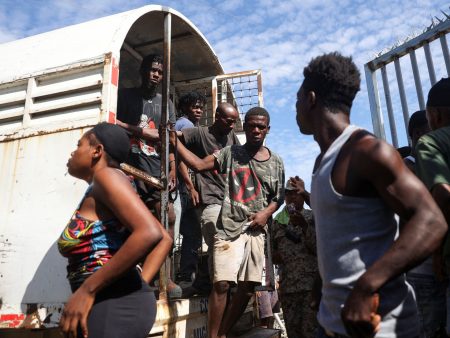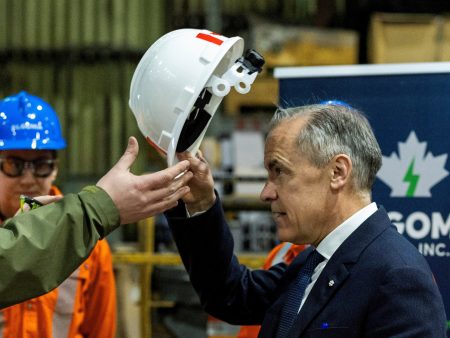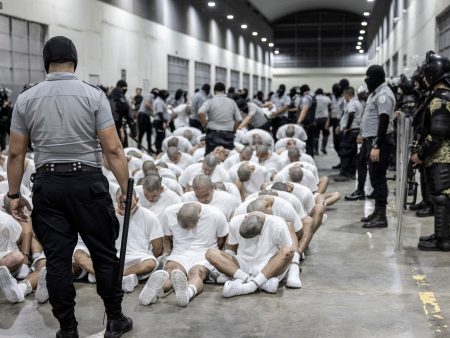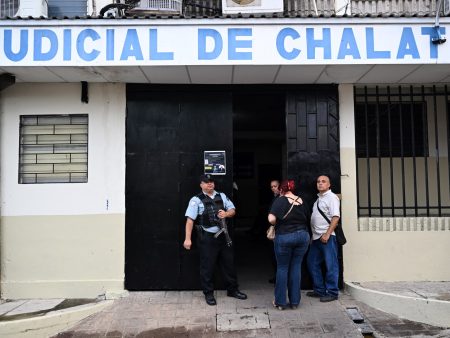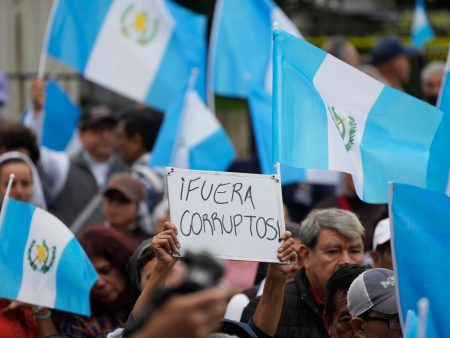Javier Milei’s first year as Argentina’s president has been a whirlwind of radical economic reforms, marked by drastic spending cuts and a focus on taming hyperinflation. His self-proclaimed anarcho-capitalist approach, symbolized by the golden chainsaw he wields both literally and figuratively, has led to a 30% reduction in government spending, resulting in a fiscal surplus each month since January – a rarity in Argentina’s recent history. This aggressive austerity, while lauded by figures like Donald Trump, Elon Musk, and Vivek Ramaswamy, has come at a significant social cost, pushing poverty rates to a two-decade high of 53% and exacerbating hardships for the working class.
Milei’s primary objective upon taking office was to curb the rampant inflation that had crippled Argentina’s economy. With annual inflation at a staggering 211% when he assumed the presidency, Milei’s drastic measures, including a substantial currency devaluation, initially exacerbated the situation, pushing monthly inflation to 25%. However, his policies have since brought monthly inflation down to 2.4%, its lowest point in over four years. This achievement, coupled with a boost in foreign currency reserves, thanks partly to a tax amnesty program, has improved Argentina’s standing in global markets, as evidenced by a significant drop in the country-risk index.
Despite these macroeconomic gains, the human cost of Milei’s austerity measures is undeniable. The drastic cuts to public spending have triggered a painful recession, rising unemployment, and a decline in real wages across the board. The most vulnerable segments of society, particularly the working class and children, have borne the brunt of these hardships. Increased demand at food banks and soup kitchens underscores the deepening poverty crisis, exacerbated by the removal of energy and transportation subsidies. While there are nascent signs of recovery, with consumer spending and manufacturing showing improvement and wage growth outpacing inflation for several consecutive months, the overall economic situation remains precarious.
Milei’s unexpected political resilience has been a key factor in his ability to implement such radical reforms. Despite lacking a strong legislative majority and facing widespread skepticism about his ability to govern effectively, his approval ratings have remained relatively stable throughout his first year. This can be attributed partly to his consistent messaging, which prepared the public for the short-term pain associated with his economic policies. He has also demonstrated a surprising degree of pragmatism, compromising on legislation to gain support from other parties, allowing him to navigate the complex political landscape and push through key reforms.
However, the sustainability of Milei’s approach remains a significant question. While his initial actions have stabilized some macroeconomic indicators, long-term economic growth hinges on the private sector’s response to the new economic environment. Experts point to the need for further deregulation, particularly the removal of capital controls, to encourage investment. The overvalued peso, maintained through artificial measures, poses another significant challenge, hindering export growth and complicating efforts to accumulate foreign currency reserves.
The devaluation of the peso, while potentially addressing some of these issues, carries the risk of reigniting inflation, jeopardizing Milei’s hard-won gains. Critics argue that the social cost of his policies, including the dramatic increase in poverty and decline in living standards, outweighs the benefits of reduced inflation. While Milei proclaims his administration “the best government in history,” the long-term consequences of his radical approach remain to be seen. The second year of his presidency will be crucial in determining whether his gamble will ultimately pay off for Argentina or exacerbate existing inequalities.





